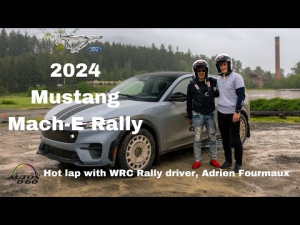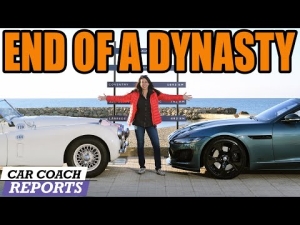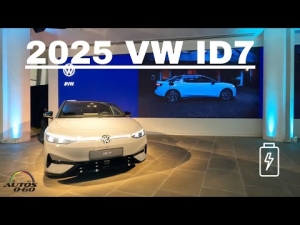Group B: The Most Dangerous Period of Rally Car History
It lasted just four years and was arguably the most dangerous period in motorsport history. Some of the most spectacular rally cars ever built came from Group B, which is claimed to be the golden era of rallycross. The limits of what automakers could do were few and far between, allowing for more exotic racers to take the stage. But group B is a double-edged sword: an exciting but devastating era that ended in tragedy.
What is Group B?
After the AWD Audi Quattro revolutionized the sport, the entire classification system needed a rethink. Group B is one such classification, others included Group N, A, and C. Groups N and A required manufacturers to build 5,000 units, had strict regulations on the minimum dimensions of the car, and required each one to have at least 4 seats. They were larger, and their power was limited.
Group B, on the other hand, only required manufacturers to make 200 units, and the cars only needed two seats. It was an effort by the FIA to push purpose-built cars onto the dirt. They weren’t supposed to be family haulers of any sort, they were simply made for speed. And the rally cars that came from this set of rules were absolute monsters.
The most famous cars of Group B

Many automakers stepped up to the plate, creating wild racing machines, but a few are more famous than others. The Ford RS200 might be the most common answer to which car was the most recognizable. Though its odd design and innocent face were deceiving, this little car could rocket down the dirt thanks to its 500 horsepower engine. Though of the rally cars put on the dirt, the RS200 often broke down.
The Peugeot 205 T16, on the other hand, was the most victorious. It went on to win more stages than any other car, thanks to the turbocharged 1.7L engine that made around 350 horsepower. A lower figure, but it was more than balanced out by weight, which ended up being under a ton (1,960 lbs).
But the most infamous Group B car ever made had to have been the Lancia Delta S4. After struggling to compete with their rear-wheel-drive 037, the all-wheel-drive S4 took center stage. The car made 550 horsepower from its 1.8L turbocharged and supercharged engine, accelerating from 0-60 on the dirt in 2.7 seconds. A spectacular feat of limitless engineering, but there’s a reason the Delta S4, despite not being the most victorious, is the most significant.
What killed Group B?

It’s 1986, and the cars are all prepped to take on Italy’s Rally of 10,000 Corners. Henri Toivonen and co-driver Sergio Cresto were two others ready to tackle the challenge in their Delta S4. But on one of the turns, the car lifted off the ground, tumbled down the mountain, and burst into flames. Both Henri and Sergio were killed, and Top Gear calls it the corner that killed Group B.
Other accidents before then certainly played a part in Group B’s demise. One incident included a Ford RS200 crashing headlong into the crowd, injuring 30, and killing three. But the Delta S4 wreck was the nail in the coffin. Within hours of the accident, the FIA announced that Group B wouldn’t continue into 1987, putting the series to rest.
Some die-hard enthusiasts wish the classification would come back, allowing for more vicious machines than the rally cars of today. But many agree that it’s best to leave Group B alone, and acknowledge that it was both an innovative period of history, and a tragic one.
RELATED: It’s Not WRC, but the ARA Keeps Rallying Alive in the US
The post Group B: The Most Dangerous Period of Rally Car History appeared first on MotorBiscuit.







